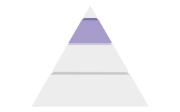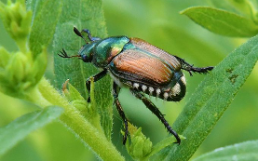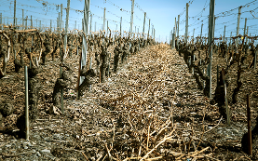Non chemical control

If the threat of crop failure or shortfall makes direct control necessary, there are biological, biotechnological or physical methods for controlling certain harmful organisms. Synthetic chemical plant-protection products must only be used as a last resort. The use of these products is often preferred, however, since the alternatives are less reliable, less economical, or unsuitable for practical use.
Fungi to control a beetle…

Already common in Italy, the Japanese beetle Popillia japonica was first reported in Switzerland in 2017. Feeding on the leaves of more than 300 species of wild and cultivated plants, this insect causes extensive damage to fruit trees, vines, soybean crops and roses. Because of this, Popillia is considered a quarantine organism which must be reported without fail to the phytosanitary services. Fortunately, Japanese beetle is sensitive to certain soil-dwelling fungi. Agroscope researchers are currently testing a promising biocontrol agent already being used against cockchafers. The aim is to identify the most effective strains of the Metharhizium fungus. At the same time, different methods of application are being tested in field trials in northern Italy, on a site ‘naturally’ infested with Popillia. Here, control trials are being conducted both in the crops on the adult beetles, and in the meadows harbouring the beetle larvae. The work is being carried out in collaboration with the Lombardy plant health service.
… and vine-shoot extracts to control fungi

The search for alternatives to pesticides also focuses on the range of natural substances produced by plants and fungi, since these can function as plant-protection products. New substances are extracted, analysed and identified in the laboratory and processed with the aid of enzymes in order to develop new control agents. In particular, Agroscope has identified molecules in vine-shoot extracts which effectively combat fungal diseases. Methods for applying these extracts are currently being tested with a view to maximising their effects. The search for new substances is also of interest to human medicine, and Agroscope is working closely with the University of Geneva as well as with private partners to develop tomorrow’s sustainable antifungals.





